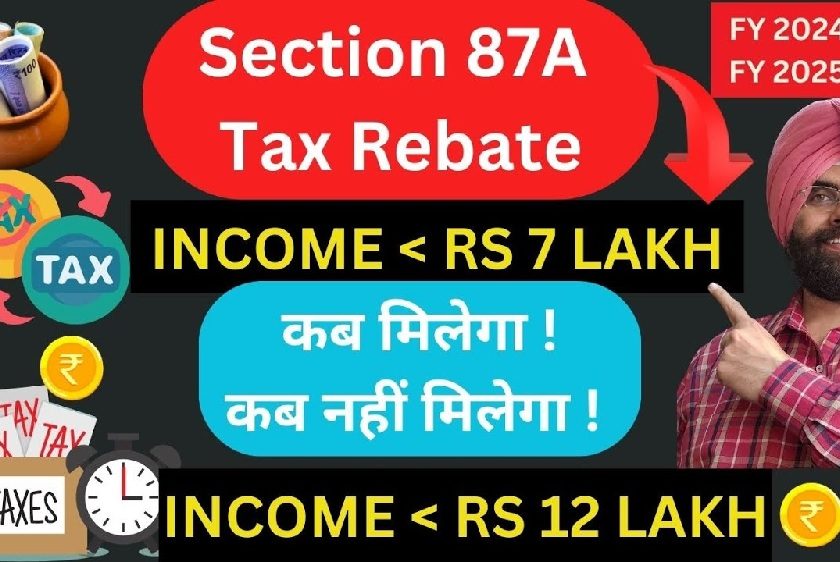[ad_1]
You will agree that it has been a chaotic year for all…
People have lost their jobs, had to cut salaries, had to move to smaller towns and what not…
All in all, it’s totally understandable and a little off on human tax matters, isn’t it?
But… well, one day, as soon as you open your work inbox, you receive the dreaded e-mail from your HR reminding you to submit tax proofs by the date…
Now, in the back of your mind, you know it all too well…
If you do not submit tax proof, your take-home for the remaining months of the year will be less due to the effect of TDS.
You must be wondering what to do in such a situation?
Sit back and relax while we share with you some super practical action points…
Try out our AI-powered Tax Planner that not only helps you plan your taxes but also helps you grow your wealth.
try it for free
Action Point #1: Acknowledge the Problem and Review Your Tax Situation
Like most problems in life, accepting that the problem exists is the first and most challenging step…
So, take some time out of your busy schedule to review your tax situation…
First, check your income and tax liability for the year (you may need some MS Excel or online calculator to do this)
If there is no tax liability for you, then you need not worry and can even skip reading this article completely. Have a nice day
However, if there is any tax liability, then keep reading…
Action Point #2: Check your current expenses/investments which are eligible for tax deduction
Thankfully, tax planning doesn’t always mean making new investments.
Especially when this year has been so hard for all of us financially, hasn’t it?
Examples of some regular payments that are eligible for tax deduction are as follows:
- children’s tuition fees
- Life and medical insurance premiums
- Your share of PF contribution to your employer’s PF fund
- House Rent / Home Loan EMI Payment
Chances are you have already made some or all of these payments…
If yes, then consider these investments in your tax calculation and recalculate the tax liability…
If there is still a net tax due, you may have to make some qualified investments. Let us show you how…
Action Point #3: Carefully Explore the Ways You Can Invest Now
Speaking of investments that are eligible for tax deduction, there are too many options to confuse you…
And know this…
Not every tax-saving product is right for you
So don’t invest in haste just for tax saving.
Remember, for an investment to really work for you, it must be coupled with your financial goals and risk tolerance…
So, decide on these key points before investing:
- How long can you invest (time horizon)
- How much risk can you bear (Risk Tolerance)
- What financial goal is this investment towards (like buying a house or a child’s education)
- What is the taxation structure of investments?
for example:
- If you are saving for the long term and can digest the day to day market volatility, then ELSS funds can be the right choice for you.
- If you are a low-risk investor and are satisfied with low returns, you can consider PPF or tax saving FD.
Once you have made the investments, provide investment proofs to HR and ask them to consider them in your tax calculations.
Also, don’t forget to check the revised tax details received from your employer. This will help you locate any investments not considered by your employer and will help you avoid any confusion later on…
Some more tips for you:
- Employers often reopen proof submission windows in February and March. So, even if you make tax investments after the submission deadline, you can still contact your HR to see if they can consider those investments in the tax calculation.
- If your investments were not considered by HR, you can still claim tax refund by declaring those investments in your tax return
- You are not required to submit proof to the tax authorities when filing your tax return. However, it is good to keep a record of receipts when called for in assessment.
[ad_2]
Source link



